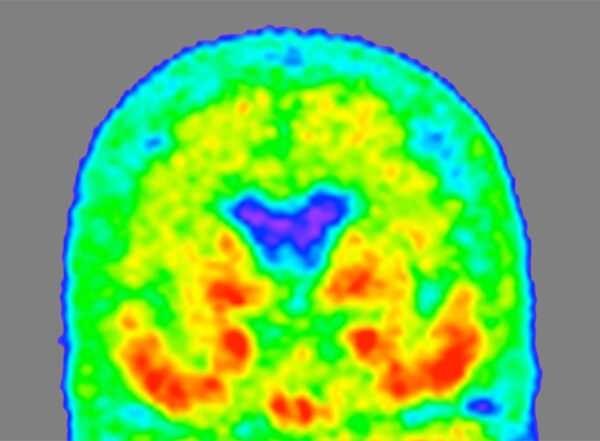A research team from Washington University School of Medicine explored the link between a brain protein known as YKL-40, circadian rhythm dysfunction, and Alzheimer’s disease.
The study was published in Science Translational Medicine.
From Science Magazine: “Astrocytes and microglia play a dual role in Alzheimer’s disease (AD), increasing neuroinflammation and limiting plaque growth through phagocytic activity. The astrocytic protein YKL-40 is increased in the cerebrospinal fluid (CSF) of patients with AD; however, its role in AD pathophysiology is unclear.”
“Here, Lananna et al. used mouse model and in vitro systems to show that Chi3l1, the gene coding for YKL-40, plays a detrimental role in AD,” the study also reads.
According to the findings, the YKL-40 protein could be used in future research to aid in reducing the progression of Alzheimer’s disease among patients.
“Our findings reveal Chi3l1/YKL-40 as a modulator of glial phagocytic activation and AD pathogenesis in both mice and humans and suggest that the astrocyte circadian clock regulates inflammatory Chi3l1 induction,” the study’s co-authors concluded in their study.


